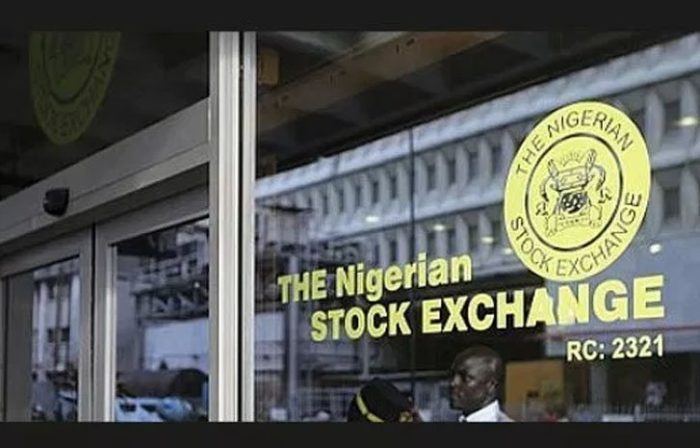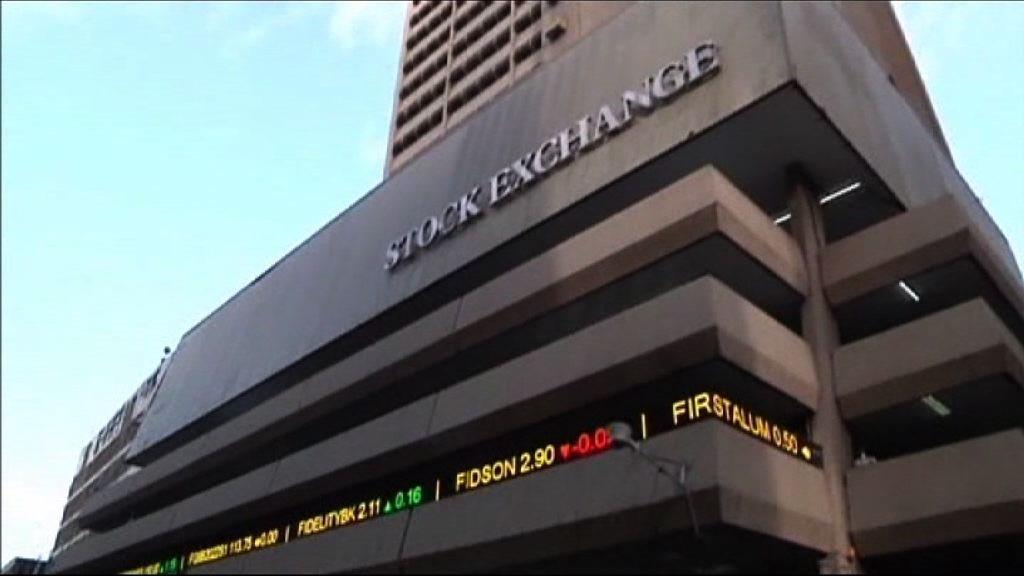By ODUNEWU SEGUN
WITH stocks ending a three-day rally on the floor of the Nigerian Stock Exchange at the weekend by 1.4 per cent, experts have attributed the drop to worries over Britain’s exit from the EU.
They called on the Federal Government and financial institutions in the country to begin to plan against any negative fallout from Britain’s decision.
Director General, Nigerian Institute of International Affairs (NIIA), Prof. Bola Akinterinwa said the negative impact of Britain’s exit from the union would be bilaterally and multilaterally.
He said investors, immediately, for fear of the unknown, began to move their investments thinking of relocation and that affected the value of the Pound and it began to fall.
“So if the Pound Sterling is falling it is good for Nigeria. It is a welcome development at that level,” he said.
ALSO SEE: NSE now member of GRI Initiative
He, however, called on the government and the financial institutions in Nigeria to begin to plan against any negative fallout from the exit.
“We need to put in place the survival strategies, financial institutions have to put in place plan B.
The main stock index, which crossed 31,000 psychological level in its previous session, fell to 30,624 points as investors dumped shares in the relatively liquid banking sector.
Quitting the EU could cost Britain access to the EU’s trade barrier-free single market and means it must seek new trade accords with countries around the world.
According to him, it is at the level of multilateral configuration that Nigeria may be slightly affected. “Britain is a member of the EU and Nigeria is a member of Commonwealth and in this case, Britain is both an active member of the EU and Commonwealth.
“Nigeria has been benefitting from the free trade tariff access of the British to the EU; now with the Brexit (Britain Exit), that one (free trade tariff access) may become a little bit difficult for Nigeria,” he said.
Akinterinwa said that Nigeria’s economic relationship with the EU might also be affected with the development, explaining that it would jeopardise Economic Partnership Agreement (EPA) with the EU.

 Entertainment5 days ago
Entertainment5 days ago
 Health1 week ago
Health1 week ago
 Health4 days ago
Health4 days ago
 Football1 week ago
Football1 week ago
 Football1 week ago
Football1 week ago
 Crime4 days ago
Crime4 days ago
 Crime1 week ago
Crime1 week ago
 Education6 days ago
Education6 days ago



